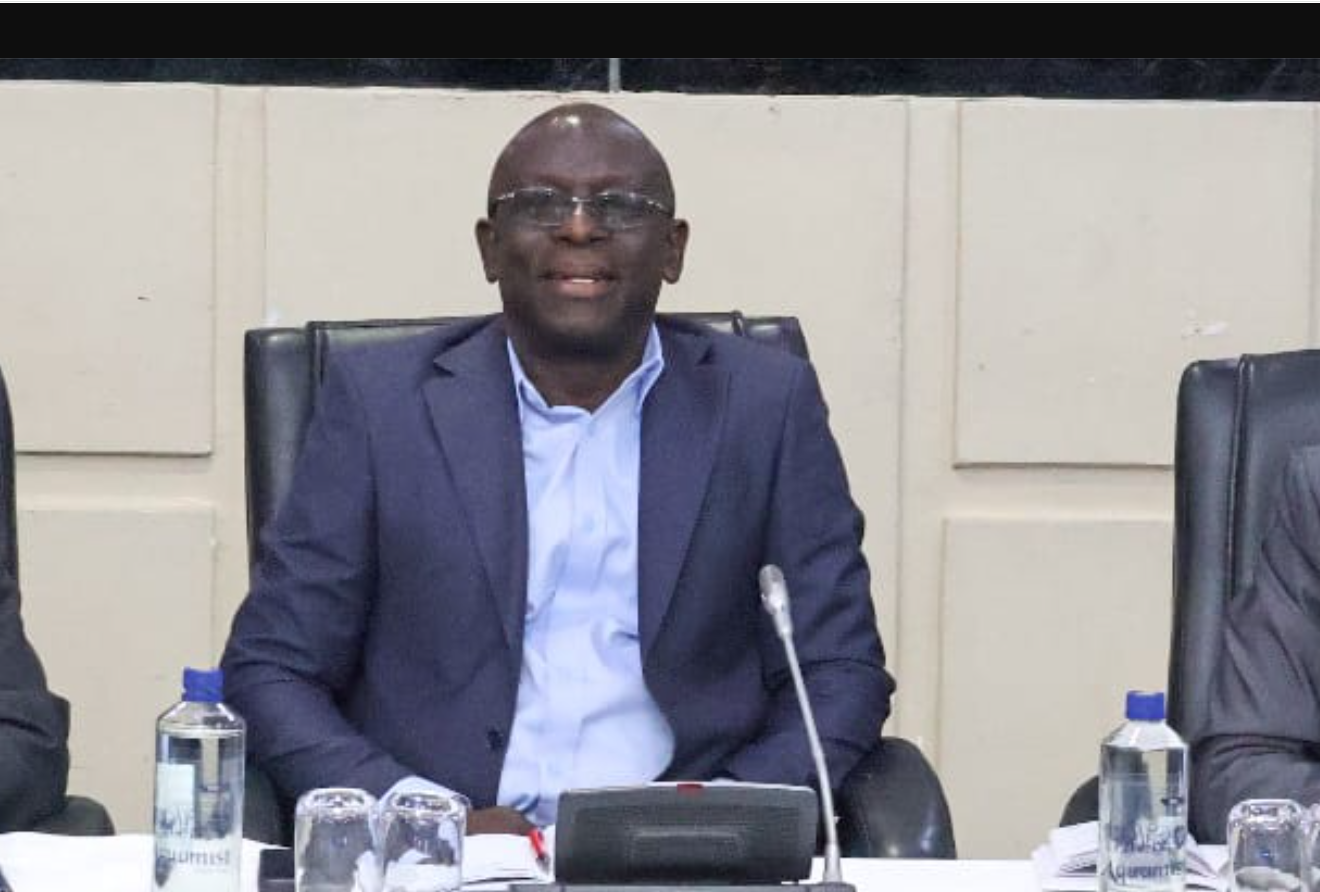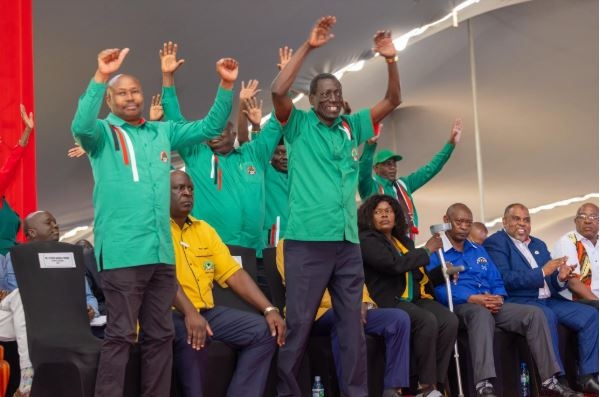

COMESA focal point – Kenya, Tobias Odongo
The Common Market for Eastern and Southern Africa member states are looking at ways of shielding local industries from imports from China, India and Europe.
The strategy forms the central topic at the upcoming 24th COMESA Summit in Nairobi from October 6–9.
The meeting seeks to leverage digital technologies to deepen regional value chains, making local companies more efficient and competitive.
COMESA focal point – Kenya, Tobias Odongo says that the bloc plans to counter the dominance of imports by empowering businesses within the 21-member region.
Odongo, Kenya’s representative at COMESA, said the bloc is prioritising digitalisation and regional value chain development as tools to boost this competitiveness.
“We cannot block imports from China or Europe because trade is liberalised under WTO rules. What we must do is build the capacity of our people to produce quality goods that can compete globally,” said Odongo.
“That starts with strengthening our value chains, particularly in agriculture and manufacturing.”
The heads of states summit will spotlight how digital platforms can help industries across Africa access raw materials, tap new markets, and innovate efficiently.
COMESA, with a combined population of over 640 million and a GDP of $1 trillion (Sh129 trillion) sees supply chain integration as central to economic resilience.
The summit comes at a time when intra-COMESA trade remains relatively low—hovering at about 10–15 per cent largely due to overlapping production, non-tariff barriers and weak infrastructure links.
To tackle this, Odongo says the bloc is harmonising customs operations, simplifying cross-border trade for small-scale traders and working on standardisation of goods to ensure fair competition across markets.
Kenya, which commands a 60 per cent market share within COMESA, views stronger regional value chains as essential for protecting jobs and industries at home.
"If I want to manufacture a product, maybe that raw material is not here in Kenya. I can get it from elsewhere. How do I know that commodity is there? How do I know what quality and how do I pay? That is what we want to use, leverage on the digital framework so that we reach there," Odongo said.
Horticulture is one area of focus during the summit, with EU buyers expected to engage Kenyan exporters and visit farms near Nairobi.
Odongo pointed out that Kenya’s edition themed “leveraging digitalisation to deepen regional value chains for sustainability and inclusive growth,” will be looking to open opportunities for youth and SMEs groups often sidelined in regional trade.
“With smartphones now widely available, young people and small businesses can access real-time information on sourcing, pricing and innovation. This is how we make trade inclusive,” Odongo said.
The summit comes at a time when member states are grappling with how to balance sovereign trade deals with global partners and the need to strengthen regional blocs.
While countries such as Kenya have pursued bilateral arrangements with Europe and the US, COMESA maintains that such moves should not weaken regional integration.
“Every country has the sovereignty to negotiate its own deals. But what will truly benefit our people is increasing intra-regional trade. If we trade more with Uganda, Zambia, or Ethiopia, the impact on local economies will be greater than relying on distant markets,” Odongo said.
The four-day summit at the Kenyatta International Convention Centre (KICC) will bring together heads of state, ministers, business leaders, and foreign buyers.
Key sessions include the COMESA–EU horticulture connect, a regional business forum and exhibitions showcasing locally produced goods.
Recommendations from the business community and foreign affairs ministers’ deliberations will feed into the heads of state summit on October 9, where new policy directions for regional trade integration are expected.
“As Kenya assumes chairmanship, the challenge is clear—strengthen regional supply chains, harness digitalisation, and give our companies the tools to compete on equal footing with imports,” Odongo said.

















